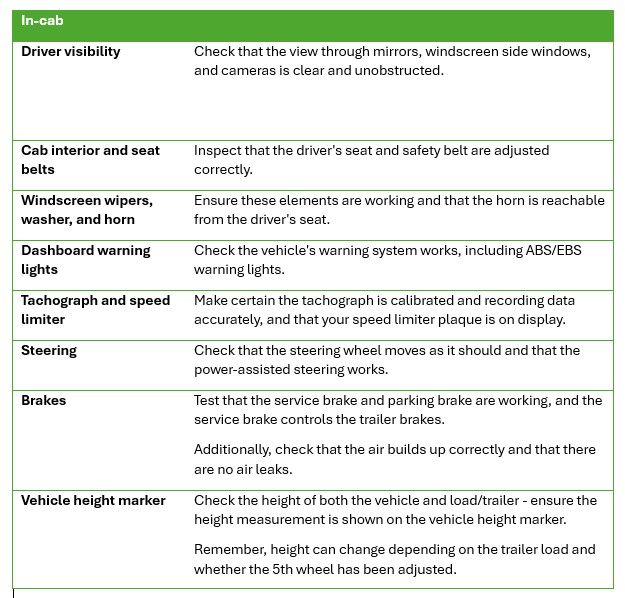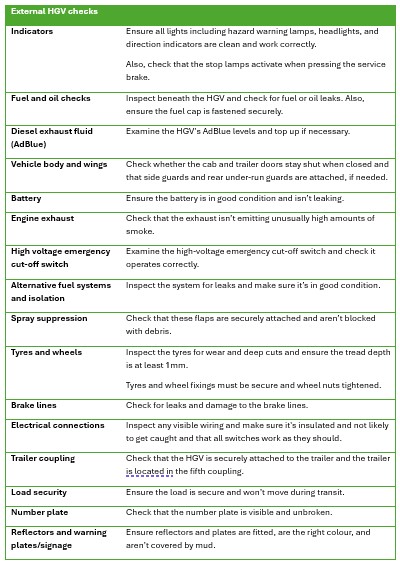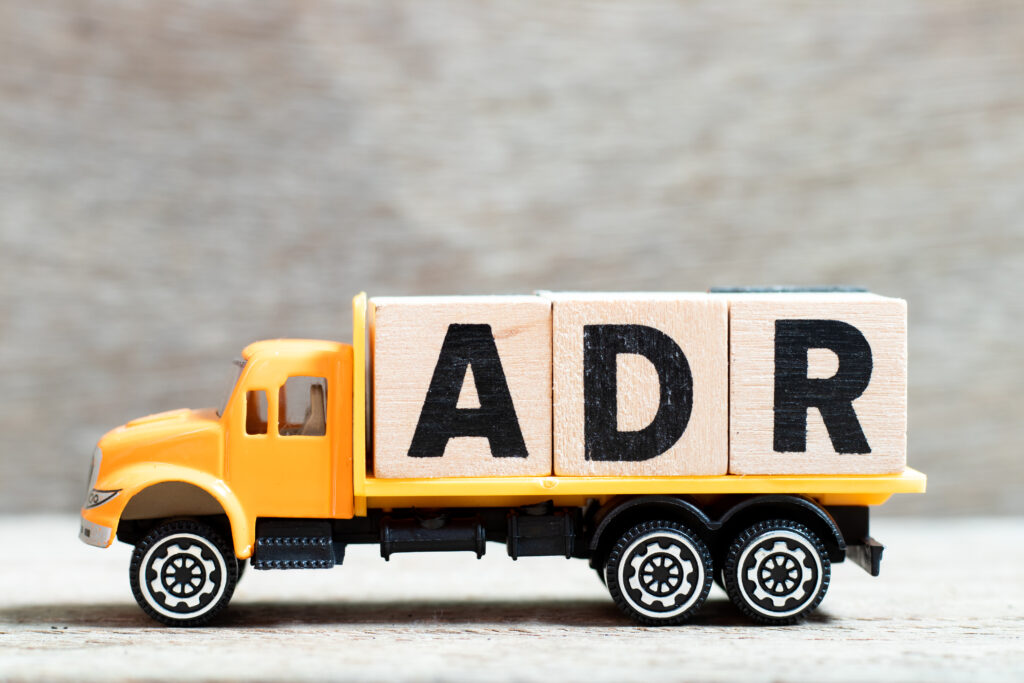Becoming a shunter driver could be the best career move you ever make given the attractive salary and job freedom associated with this role.
But what exactly is a shunter driver and what does the job entail?
Within this blog, you can discover more about the vital role of HGV shunter drivers in logistics and construction, their responsibilities, and how to become one with HGV training.
What exactly is a shunter driver?
A shunter driver, or a yard shunter, is responsible for safely operating large vehicles across construction sites. These trained professionals are essential in the construction and logistics sectors and help to keep work yards, ports, and loading docks functioning efficiently.

HGV shunter drivers and their role in logistics
Shunter drivers have a range of duties within their job role but this may vary depending on the industry type and site where they work. For example, yard shunters may work on construction sites, loading docks, shipping yards, and more.
Their responsibilities may include:
- Directing and moving freight trains
- Manoeuvring large vehicles and trailers safely around company premises
- Coupling and uncoupling lorry trailer units
- Ensuring strict health and safety standards are followed to avoid workplace collisions and other dangers
- Conducting safety inspections
- Examine vehicles and trailers to ensure they’re road-safe
- Parking LGVs and trailers

How much do shunter drivers earn?
If you’re interested in becoming a shunter driver, you’re probably intrigued to know the earning potential associated with the role.
- Newly qualified drivers typically earn around £20,000,
- Experienced yard shunters can expect to earn between £20,000 and £35,000.
- Senior-level drivers can often earn salaries above £35,000.
These figures can vary depending on your location, the company you work for, and hours worked.ng licence.

How to become a shunter driver
To work as a shunter driver, you require a standard car licence and may need an LGV C+E driving licence (Class 1) – this licence permits you to drive some of the largest vehicles on the road, such as lorries with detachable trailers.
In order to earn your C+E licence, you must embark on a recognised HGV training course with a trusted provider – only an established company will provide you with the adequate training needed to apply for shunter roles.
HGV training courses will teach you the essential skills necessary to manoeuvre large vehicles safely and pass your practical and theory exams, which must be done before being awarded your HGV licence.
During HGV training, students learn all the beneficial skills required to become a shunter operator including:
- Reversing wide and long vehicles with trailers into loading bays
- Turning and navigating corners in an HGV
- Conducting safety assessments that prevent serious or fatal injuries
- Coupling and uncoupling trailers
Plus many more.
In addition to the above training elements, you’ll be taught critical theoretical knowledge which will help you pass your HGV theory test with flying colours!
The course also includes CPC training, which is required by law. CPC training elements ensure drivers are informed about important aspects of vehicle safety.
Plant operator apprenticeships are also available, providing shunter training and helping pave the way towards a career in shunter driving. However, these qualifications are typically reserved for younger people looking to enter the industry after high school.

Gain your LGV C+E licence today
Here at HGV Training Network, we have years of experience in the field and offer training in 50 locations across the UK.
We’re an established and reliable training provider with an excellent record of success thanks to our seasoned instructors who all boast many years in the HGV driving industry.
So, if you’re eager to switch careers and enter the rewarding profession of shunter driving, call us today to book your place on one of our training courses.
























































